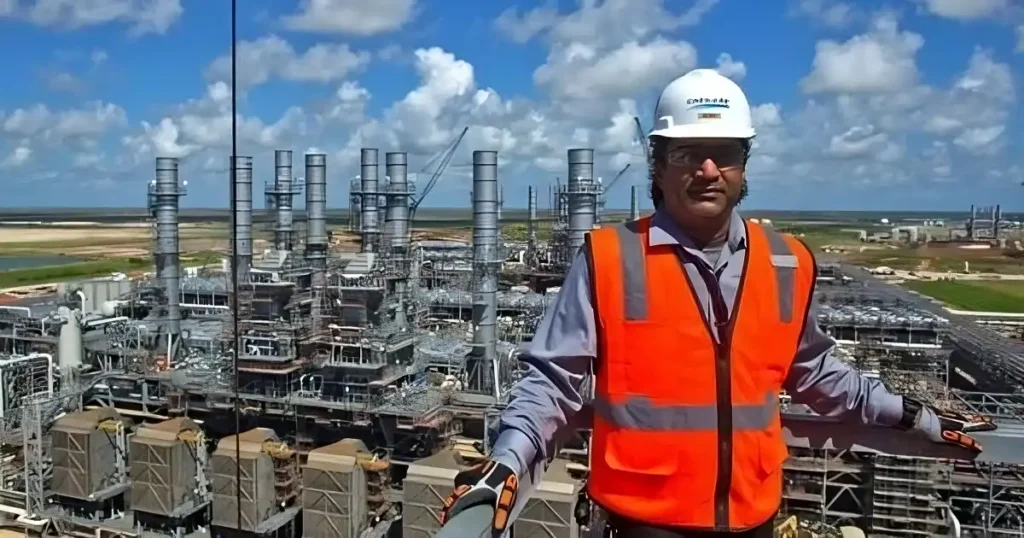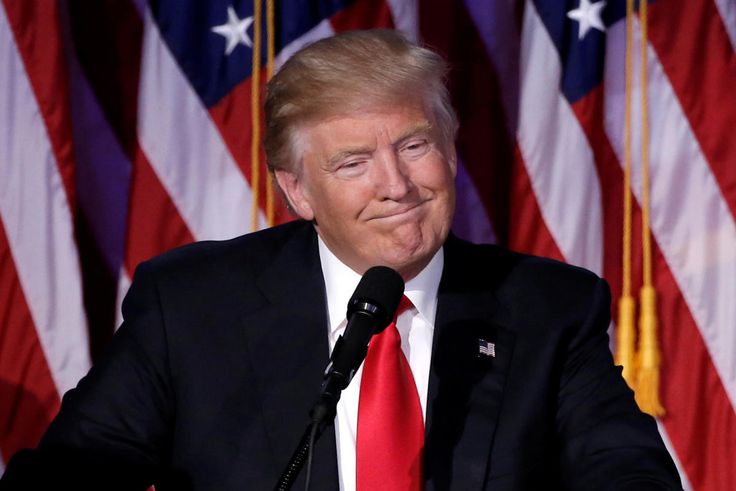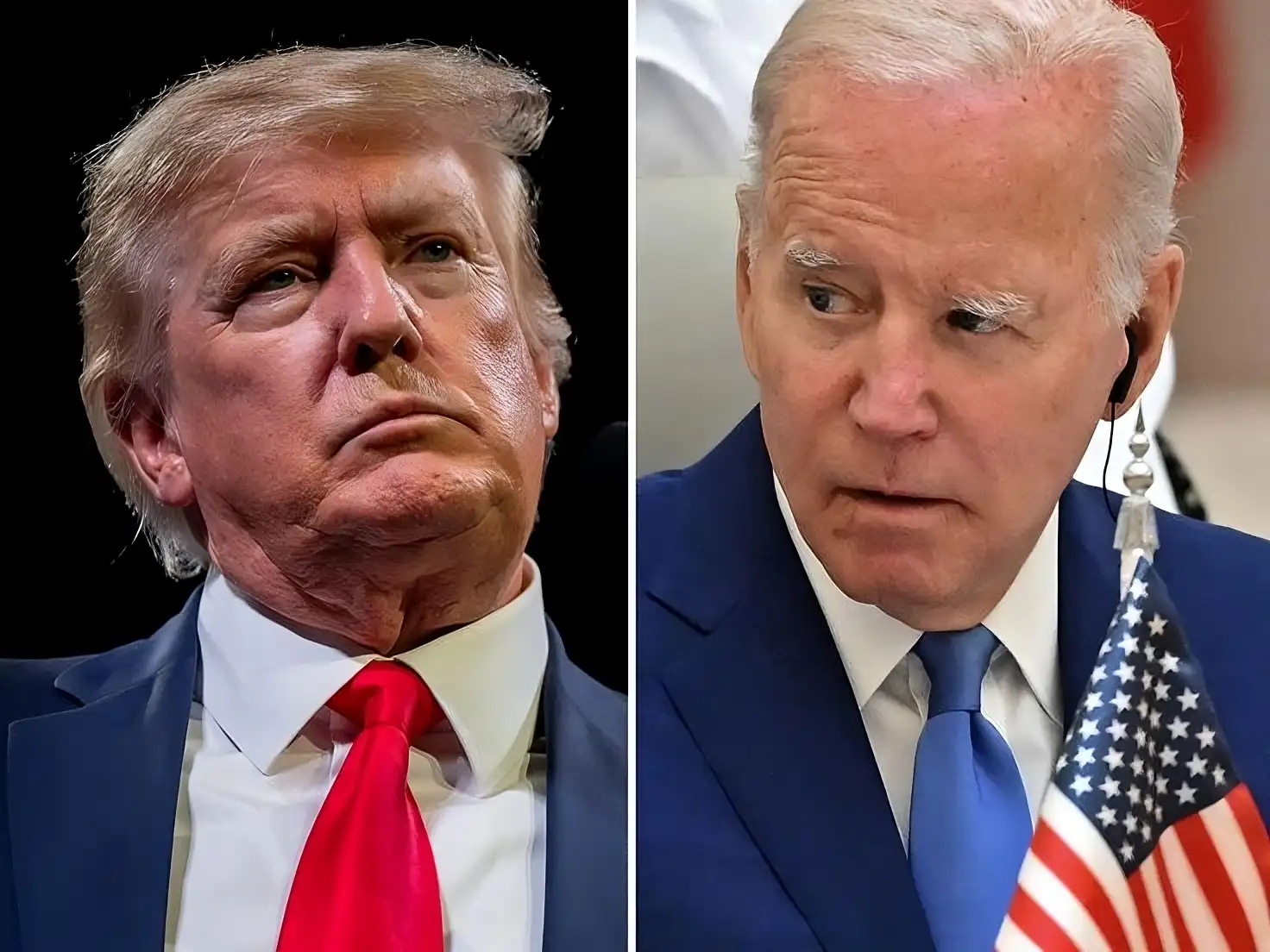Imagine a future where America’s energy policies change direction every four years, like a ship with two captains steering opposite courses.
That’s the reality we’re witnessing as former President Donald Trump prepares to declare a national energy emergency, signaling an end to what he calls Biden’s “electric vehicle mandate.”
This move, if implemented, could shake the nation’s energy strategy, economic priorities, and global competitiveness.
But what does this mean for you? Let’s break it down.
Take Back Control of America’s Energy Future
Energy is not just about powering homes and vehicles. It’s about jobs, technology, and, most critically, national security.
Trump’s declaration comes at a pivotal moment when America is in a race—not just against time—but against global powers like China, which leads the electric vehicle (EV) market.
Trump claims that Biden’s focus on renewable energy and EVs has come at the expense of traditional industries, leaving America dependent on foreign powers for critical materials.
His solution? A dramatic pivot back to oil, gas, and coal, coupled with rolling back policies favoring EV adoption.
This isn’t just a political battle. It’s a tug-of-war between the old and the new, tradition and innovation.

Roll Back EV Mandate to Boost Traditional Industries
Biden’s policies aimed to make EVs the future of America’s roads. Tax incentives, stricter emissions standards, and massive investments in charging infrastructure were part of a broader push to combat climate change and reduce dependence on fossil fuels.
On paper, it seemed like a win-win: fewer emissions, more jobs in green energy, and less reliance on volatile oil markets.
But critics argue that the policy overlooked middle-class families struggling to afford EVs, ignored the slow pace of domestic battery production, and opened the door for China to dominate the global EV supply chain.
Trump sees this as a national security threat and an economic mistake. His plan is to re-center America’s energy priorities on traditional industries, which he claims can still be the backbone of a prosperous economy.
What Trump’s Declaration Could Mean for You
Let’s get personal. If Trump’s energy emergency declaration becomes reality, here’s how it might impact your daily life:
- Gas Prices May Drop: A renewed focus on oil and gas production could lead to lower fuel prices at the pump. This would be a relief for Americans already stretched thin by inflation.
- Slower EV Adoption: With fewer incentives for electric vehicles, automakers may shift back to producing gas-powered cars. This could limit your future options for affordable EVs.
- Job Market Changes: Trump’s plan would likely boost jobs in oil, gas, and coal industries but could hurt the burgeoning renewable energy sector. If you work in or depend on either of these industries, this shift could hit close to home.
- Global Competition: China is years ahead in EV technology, and scaling back America’s efforts could widen the gap. This could make the U.S. less competitive in the global auto and energy markets.

Protect National Security by Reducing Foreign Dependence
The implications go beyond just gas prices or EV incentives. This is about what kind of country America wants to be. Will it double down on traditional energy sources, or will it strive to lead in renewable energy and innovation?
Here’s where the stakes get even higher. While Trump’s policies might appeal to those nostalgic for America’s oil-driven past, the world is moving forward.
China already dominates global EV sales, capturing over 50% of the market.
Countries like South Korea and Japan are also investing heavily in green technologies, positioning themselves as leaders in the industries of tomorrow.
By turning away from EVs, America risks being left behind in a global race for innovation. The question is, can the nation afford to?
The Ping-Pong Problem
If there’s one thing Americans agree on, it’s the frustration of watching policies swing wildly every election cycle. As one Reddit user put it: “America is seriously just going to ping pong back and forth between these issues every four years, aren’t we?”
This lack of consistency is costly. Automakers, investors, and even everyday Americans struggle to plan for a future that feels uncertain.
Will today’s EV incentives disappear tomorrow? Will oil production ramp up only to be scaled down again in the next administration?
The stakes aren’t just political—they’re deeply personal. From the cars we drive to the air we breathe, energy policies shape every aspect of our lives.
Final Thoughts
As Trump prepares to make his case for a national energy emergency, Americans face a choice: embrace the past or invest in the future.
Both paths have risks and rewards, but the decision will define not just our energy landscape but our place in the world.
One thing is clear—this is more than an energy debate. It’s a story of competing visions for America, a battle for the soul of its economy, and a test of its ability to lead in a rapidly changing world.







